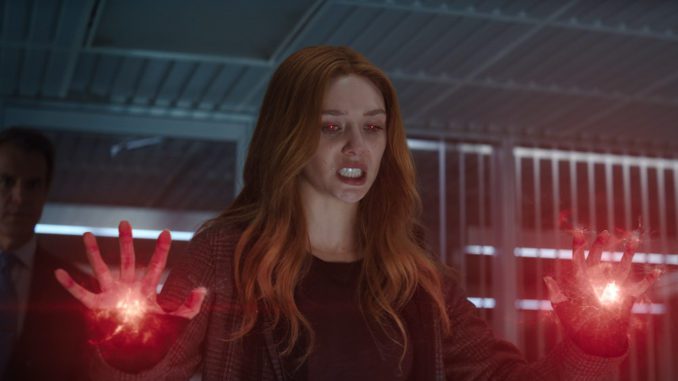
Platform: Disney+
Length: 29-49 minutes
Episodes: 9
Cast: Elizabeth Olsen (Scarlet Witch/Wanda Maximoff), Paul Bettany (Vision), Kathryn Hahn (Agatha Harkness/Agnes), Teyonah Parris (Monica Rambeau), Randall Park (Jimmy Woo), Kat Dennings (Darcy Lewis), Evan Peters (“Pietro”)
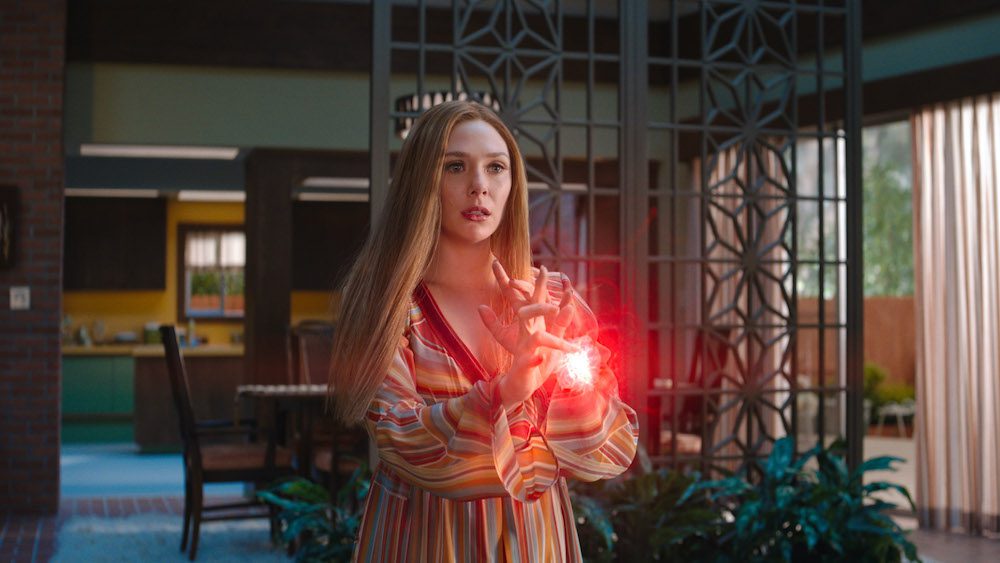
Secret ending? Mid credits and post credits.
Rating: 4.1/5
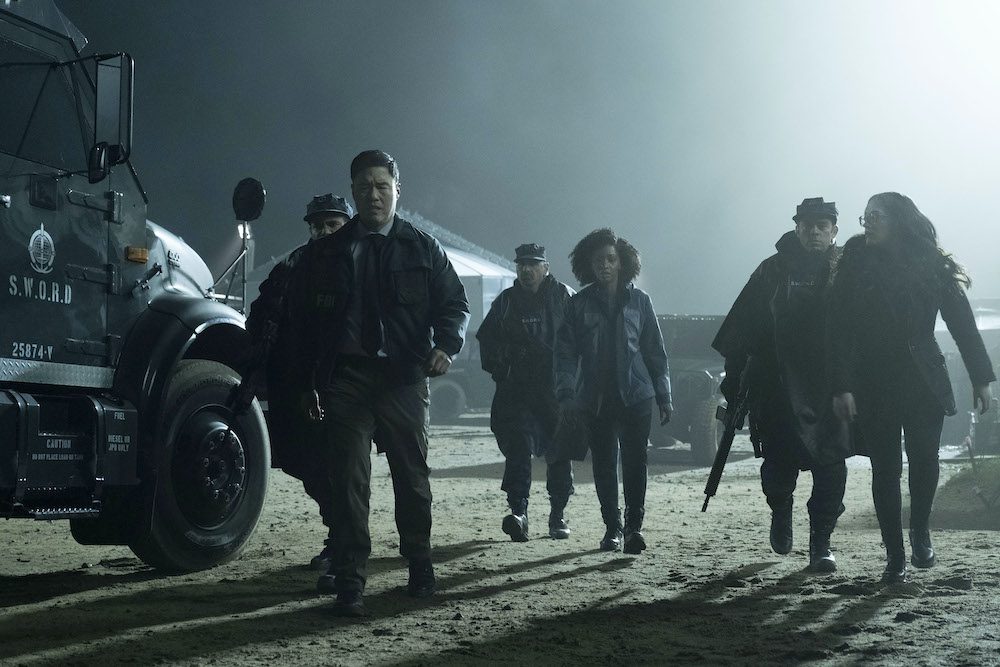
So it is with great trepidation that I write about the WandaVision finale and pen my thoughts about the series that has given us more of Marvel Cinematic Universe (MCU) fix since Spider-Man: Far From Home. I don’t want to spoil it for anyone because I wouldn’t want it to be spoiled for me, so no spoilers. I promise. At the same time, I feel that some reflection is needed in this series that has brought great joy during these troubled times. So, here it is!
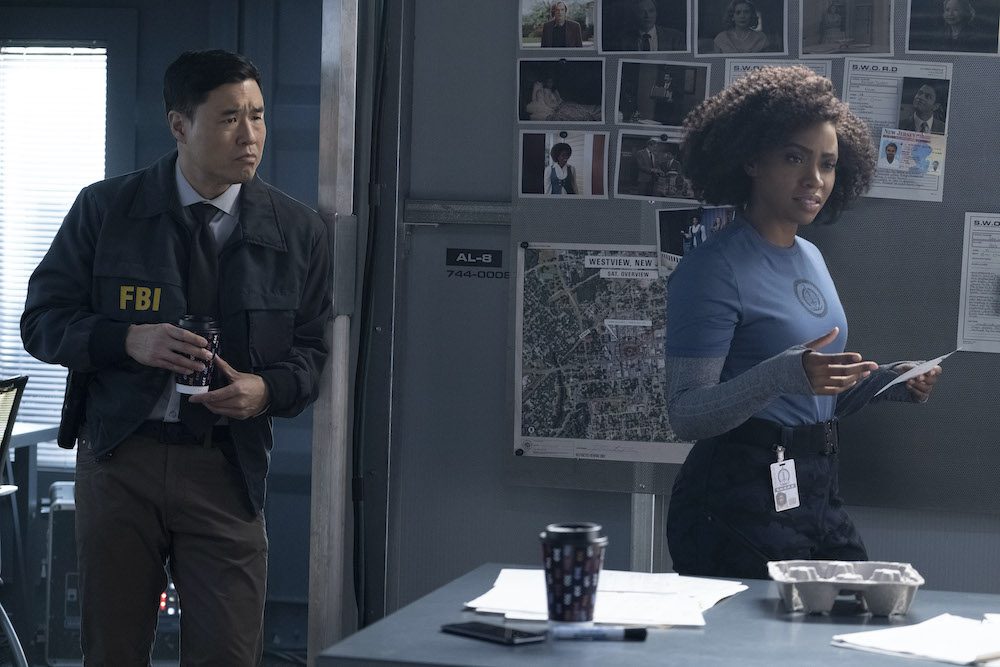
In any case, if you want to know what I thought about it – I loved it. Perhaps it’s because we haven’t had a Marvel movie in a while, or because the DC shows were sort of winding down, or maybe just because it’s been a while since I’ve followed a series on a weekly, episodic basis. I promise I will stop waxing lyrical from here on, so here’s my review.
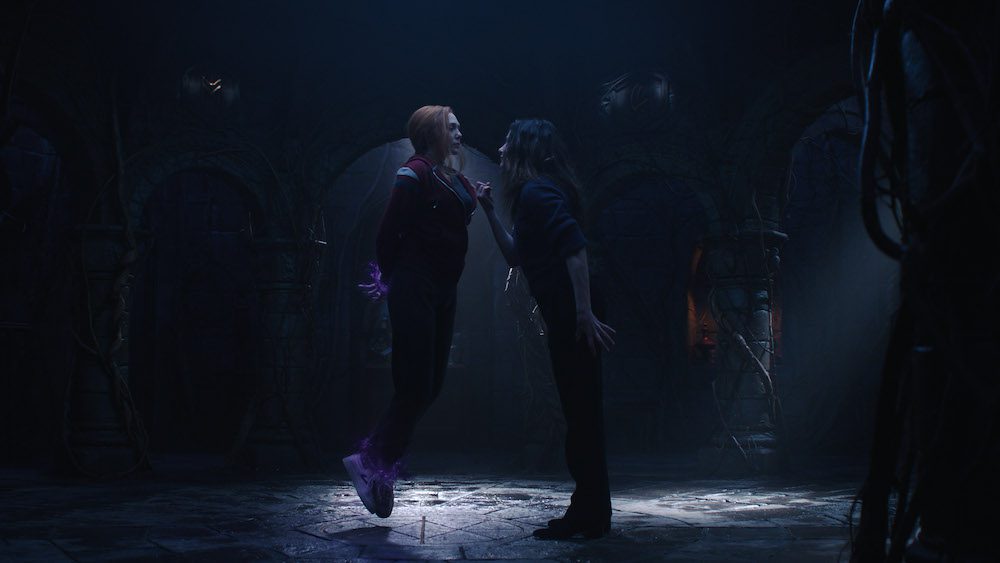
WandaVision is a superhero drama that centres around the two super-powered characters in its title – Wanda and Vision – as they literally live an idyllic sitcom life. Slowly, they discover that there’s more to this world than meets the eye… or is there?
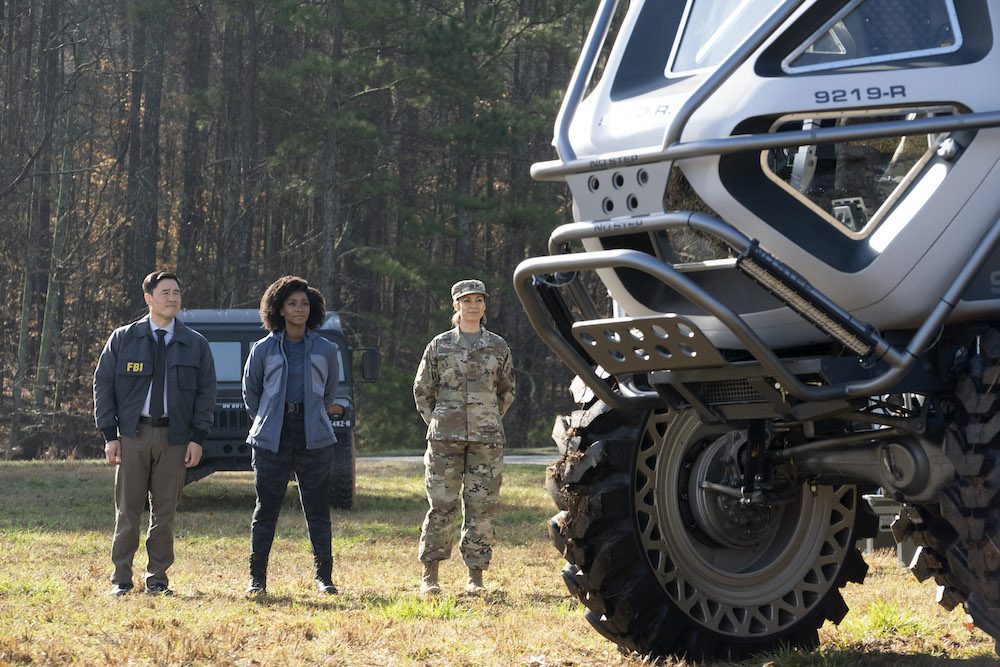
I loved how the last episode brought all the characters together for one last massive fight, while still giving the two leads their own foes to battle. Granted, it was a little convenient at times, and we all knew that it was eventually building up to this. But still, after having the characters all be running off pursuing their own storylines, this really paid off. I mean, it’s not a one hour Avengers: Endgame battle, but it was something spectacular enough to be in theatres, let alone on the small screen.
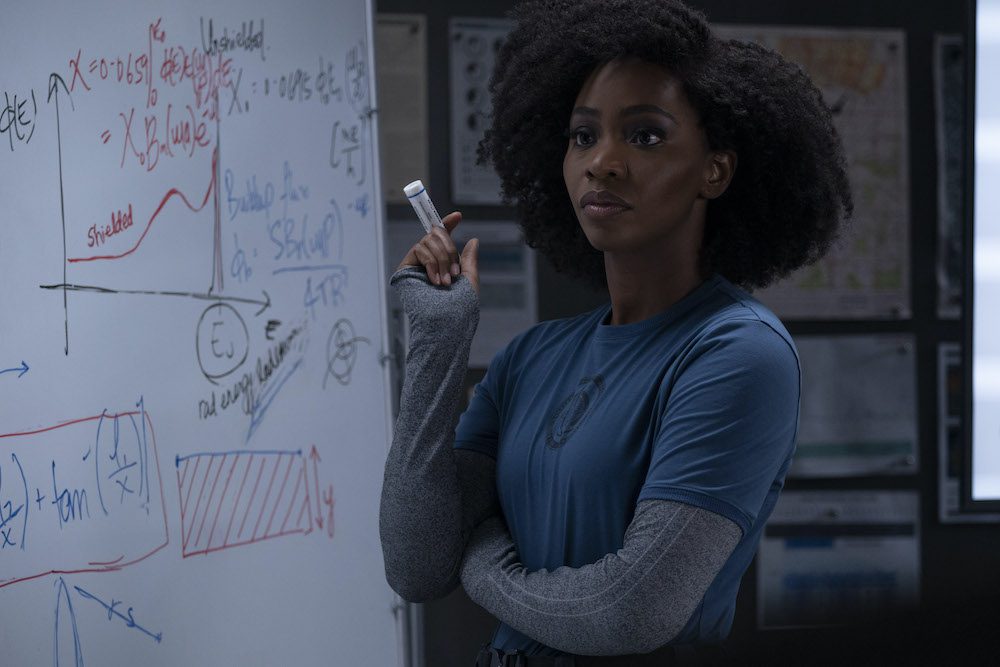
But visuals aside, the story still came back to character. That’s one of the strengths of the MCU, that it knows what drives its characters and how to make that drive the story. It was a poignant ending, for sure (and one we know that isn’t entirely final), and amidst all the flashy energy blasts and collateral damage, you could still see the genuine emotion from Wanda and Vision.
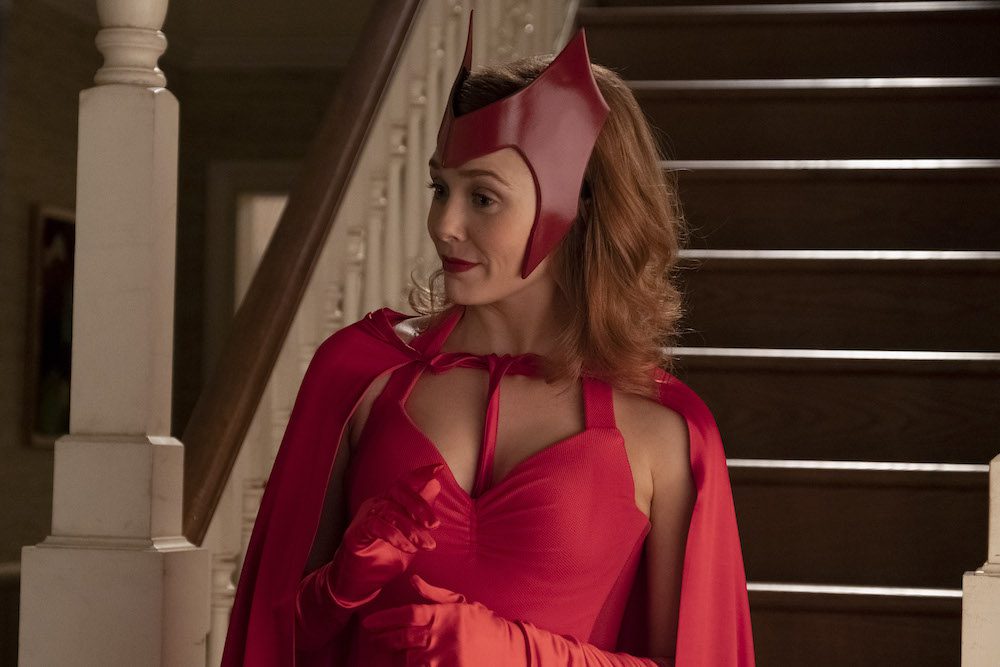
The way the final episode resolved Wanda’s storyline was such a wonderful tribute to her origins, while still making sense in terms of the evolution of her character. This is where it treads that fine balance so well – comic book fans will be delighted with the conclusion, while casual fans will be suitable impressed by where Wanda’s character is heading. Honestly, it’s about time Wanda sported a look that fit in more with her Avengers companions.
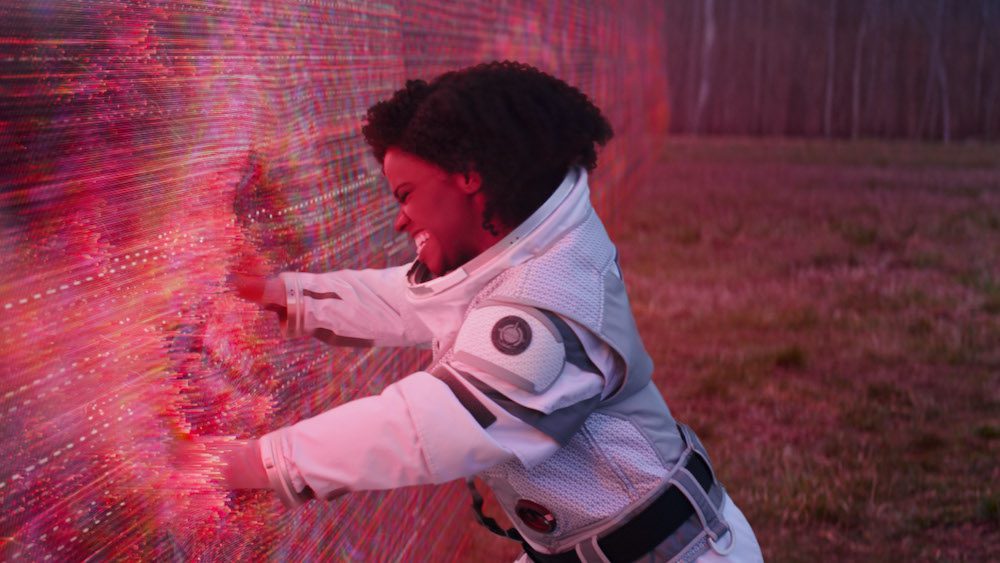
The show didn’t forget Vision though, even as Wanda’s arc came to a close. Vision has always been the more cerebral of the pair, for obvious reasons, and it tapped into that aspect of his character to give closure to his story. I liked the philosophical debate that he had, which really raised questions of identity and self. And with that, it kind of gave as much weight as it could to Vision’s tale to balance the screen time of both characters.
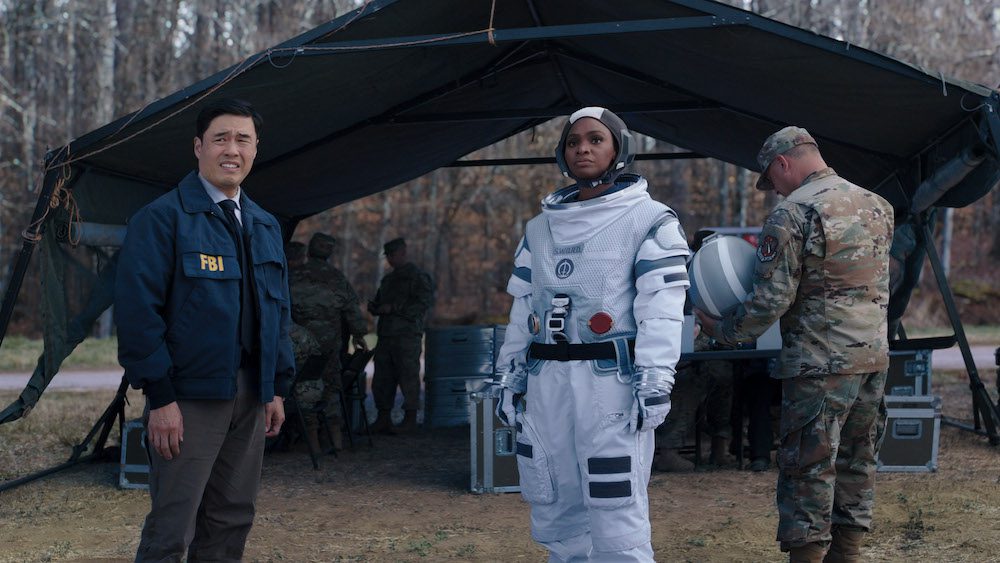
However, the supporting characters were kind of forgotten in the finale, with the exception of one great scene. That’s to be expected though, since the show should be shining the spotlight on its two main characters. Nevertheless, I wished that the other characters could have banded together for their own little scene to overcome impossible odds.
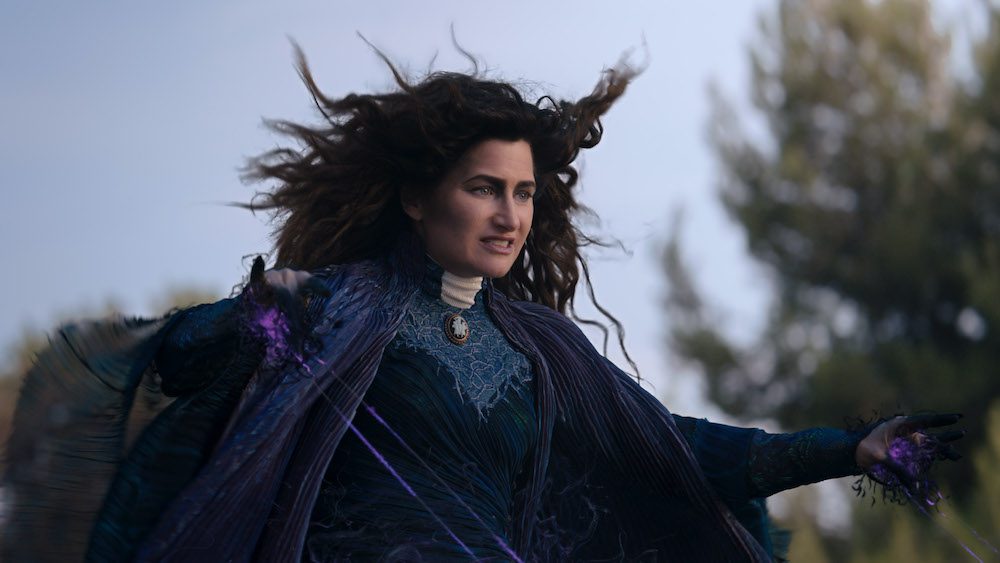
WandaVision is quite the visual spectacle, while still managing to grip you with its mysteries and storytelling. Perhaps it’s the relatively short length that enables it to tell a solid story without meandering too much, or maybe it’s the hype. Regardless, the finale has definitely shown what the new age of the MCU is going to be like… while remembering its fans, the ones who have been there since decades ago, by tying it back to the genesis of both characters. As usual, there’s a mid credits scene and a post credits scene.
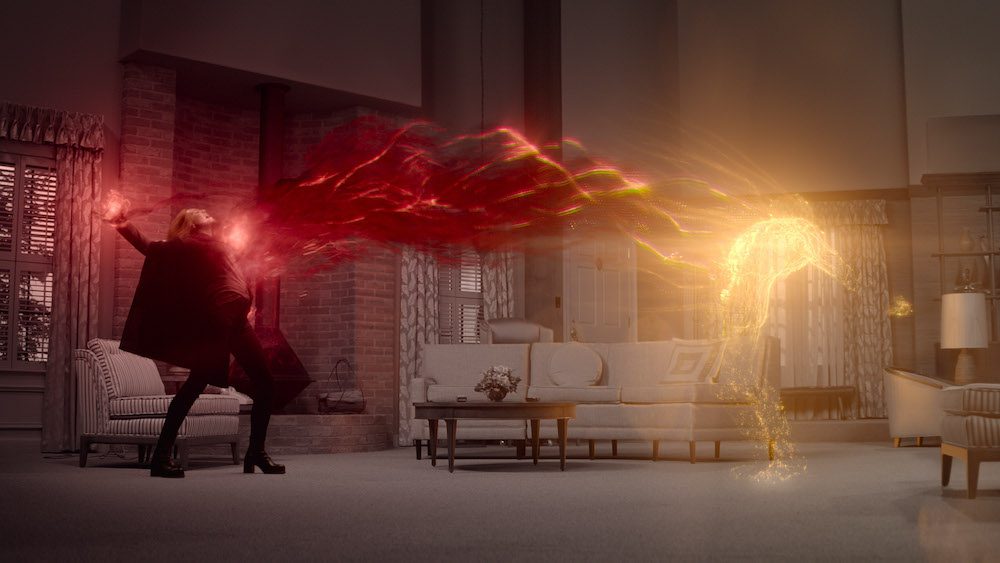
WandaVision is now streaming on Disney+.
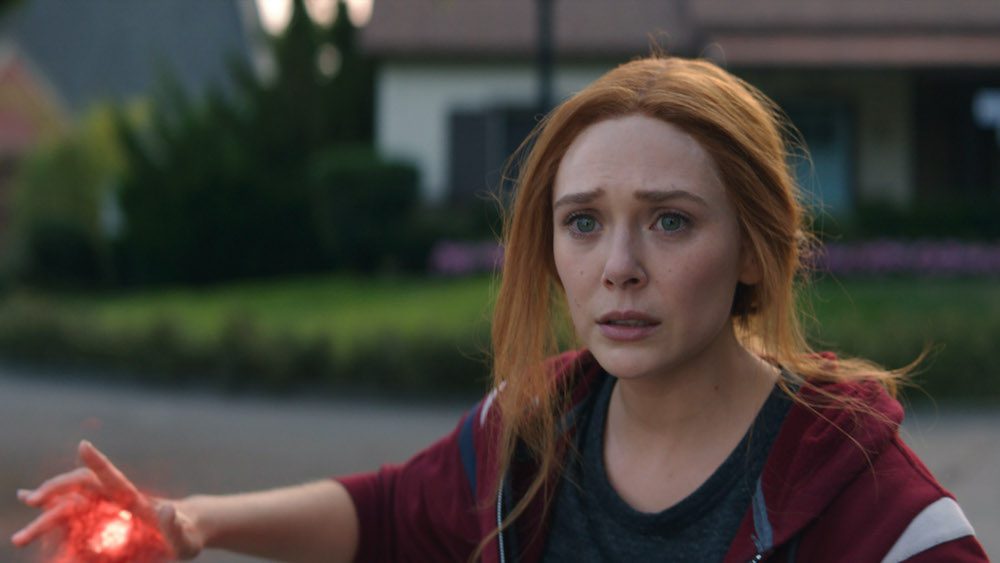
You might also want to read
- [Television] WandaVision recreates a new cinematic language with each episode
- [Movies] ‘Avengers: Endgame’ is a a beautiful capstone to one of the most ambitious and enjoyable shared movie universes
- [Movies] What does ‘Avengers: Endgame’ reveal about the future of the Marvel Cinematic Universe?
- [Movie Review] ‘Spider-Man: Far From Home’ delivers on action and characterisation, but has a television feel to it
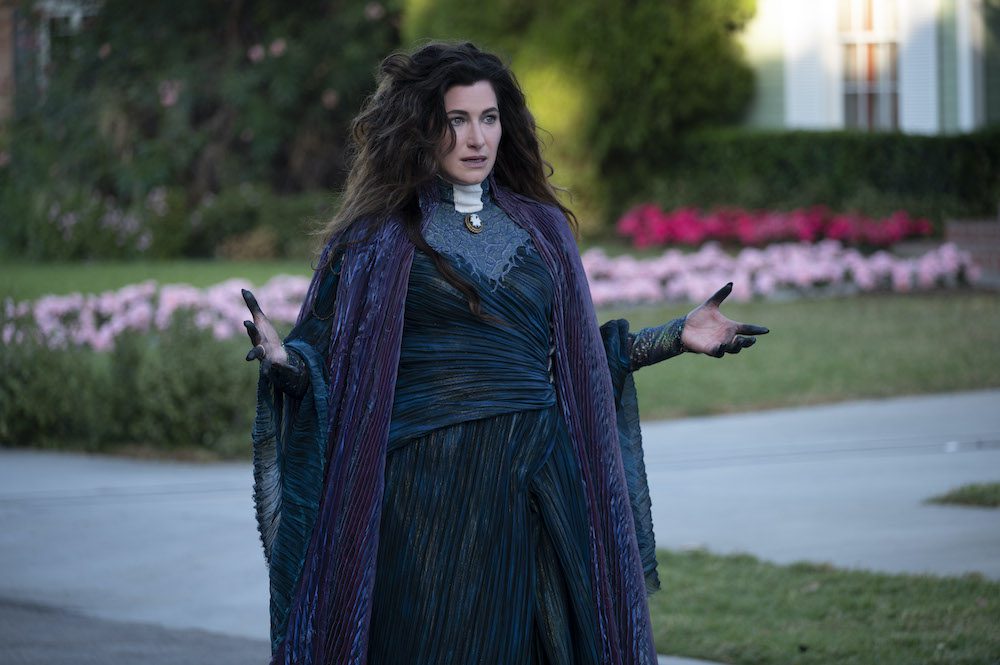
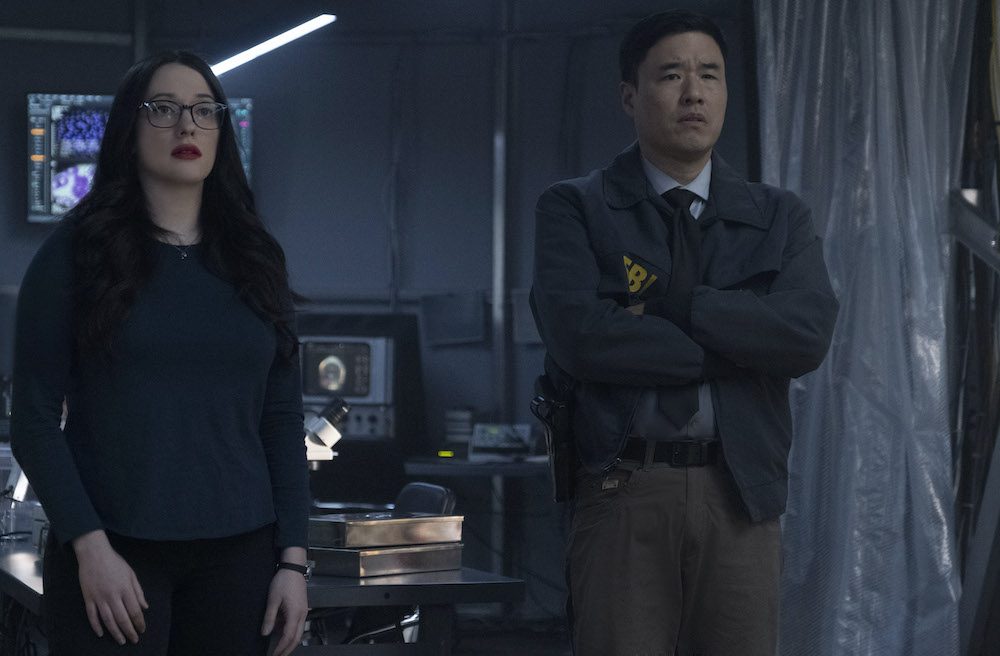
This is an original article on marcusgohmarcusgoh.com
Follow Marcus Goh (yes, referring to myself in third person) on Facebook and Instagram for more (presumably) good updates!
I’m an independent scriptwriter who’s written for popular shows like Lion Mums, Crimewatch, Police & Thief, and Incredible Tales. I’m also a Transformers enthusiast and avid pop culture scholar. You can find me on social media as Optimarcus and on my site.
Send me an email if you want to get in touch!
I’m at episode 7 where another new twist in the tale has been revealed! The scriptwriter(s) is(are) brilliant! And they wisely kept each episode about 30 minutes long, recognizing a new generation of “tv audiences” who might not want to keep up with an hour’s worth of material.
Intially I was skeptical of phase 4, but Marvel has brought their production quality to a brand new level.
1. Genre: They have seamlessly fused science-fiction with fantasy, providing a strong nod in the direction of the comic book version of Wanda, AKA The Scarlett Witch, without overdoing the notion of “magic”, keeping the genre relevant to 21st century megatrends.
2.Cultural allusions: Marvel literally paid homage to sitcoms (and commercials) from various eras and their tendency to address / represent social mores and gender roles, using this tv genre as the mise en scene to emphasize a superhero’s emotional / psychological state.
3. Characterization: On one level, we have a heroine with seemingly unlimited powers. On the other, Marvel made Wanda believable and grounded in reality simply by making her response to grief and trauma incredibly human. Wanda’s humanity is easily recognizable in the way we deal with the pain of loss: denial first before acceptance.
4. Themes: While Wanda Vision deals with the theme of grief, an arguably “dark” topic, the show keeps its tone light-hearted and entertaining, expressing nuances of the human condition without enforcing a dark mood (unlike another rival comic publisher I know of!), typical of Disney’s “formula” to keep their material family-friendly. This keeps audiences happy with tons to discuss. Indeed, who wants to watch a show to get depressed?